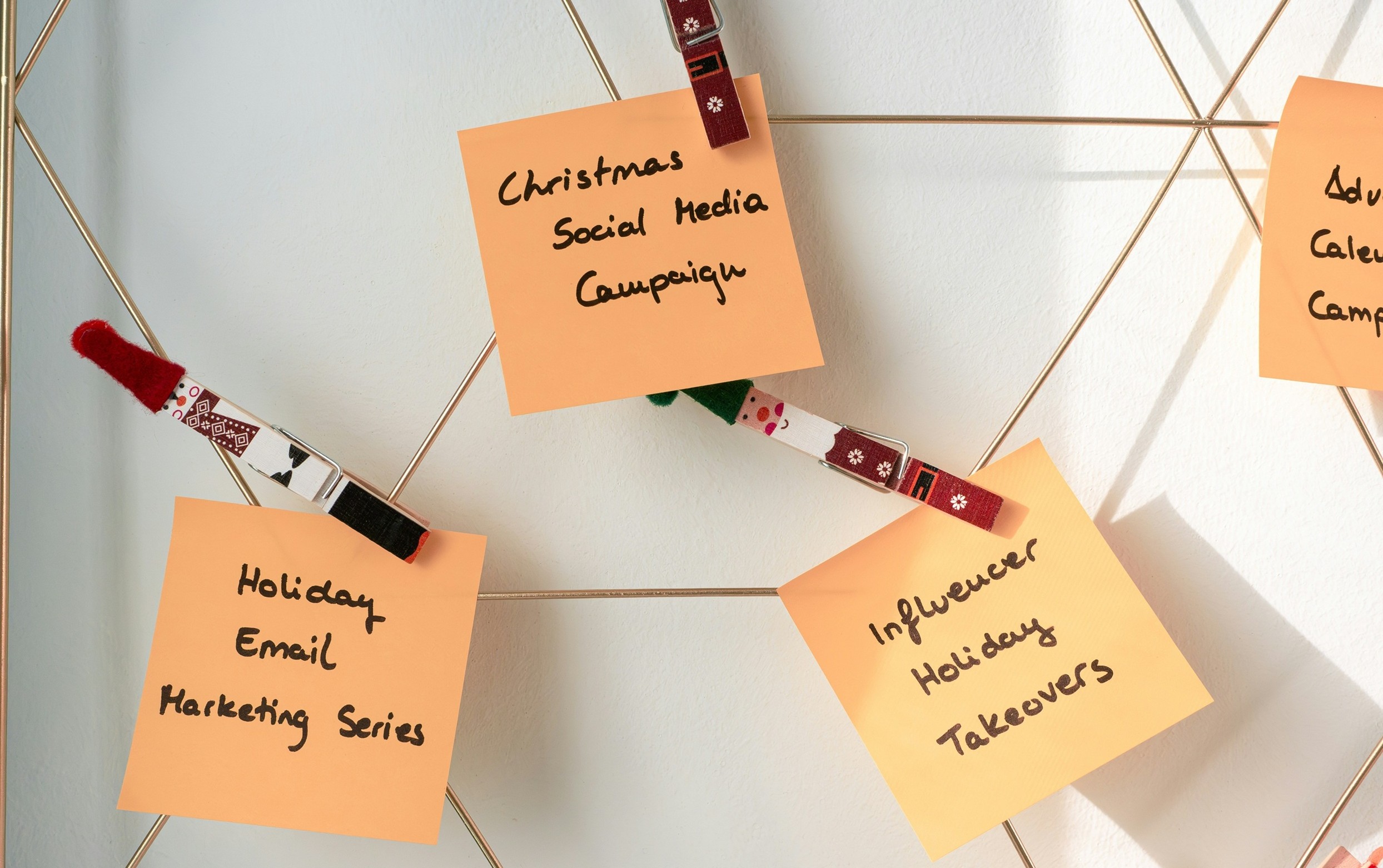
With emails, your audience and intent determines the type of email you can send. How you send a promotional newsletter isn’t the same way you send a personal sales outreach or an order confirmation. Each type of email has its own purpose, audience expectation, and set of rules for deliverability.
If you treat them the same, you risk hurting your reputation and causing your emails to go to spam. Let’s break down the differences between marketing vs transactional email and marketing vs sales email, and what you need to do differently for each.
Marketing emails are what most people think of when they hear “email marketing.” These include newsletters, promotional offers, event invites, and product announcements. Key characteristics of marketing emails are:
Marketing emails live and die by engagement. If people aren’t opening or clicking, providers may stop putting them in the inbox.
Deliverability tips for marketing emails:
Sales emails are more direct. They’re often 1:1 or small-batch outreach messages from a rep to a prospect, the classic B2B email sales vs marketing. Sales emails usually take the form of a followup email, cold or semi-warm outreach, and more importantly, they are often personalized to the recipient.
For better engagement, a sales email should feel like a conversation, not a mass blast.
Deliverability tips for sales emails:
Transactional emails are a different game. Examples are order confirmations, password resets, receipts, and or shipping updates. People expect them, and they’re often opened more than any other type of email.
What makes them unique:
Because these emails are critical, providers usually prioritize them, unless you mix them with bulk marketing tactics.
Deliverability tips for transactional emails:
Understanding the differences between marketing vs transactional email and marketing vs sales email is key to strong deliverability.
Each is different and requires separate infrastructure and configuration to maximize their deliverability. If you need help configuring infrastructure for any or all, schedule a call with our experts for guidance.
.webp)
Tired of your emails landing in spam? Learn how to improve email deliverability with our guide on list hygiene, authentication (SPF/DKIM), reputation, and more.

Authentication is one of the crucial protocols that ensures emails do not land in spam. Examine SPF, DKIM, and DMARC’s role in ensuring brand protection.

Learn the significance of email list management, best data hygiene practices, and how to maintain a quality list for improved deliverability and engagement.
Our highly experienced email deliverability managers consistently help clients achieve inbox placement rates (IPR) of more than 90% by uncovering and resolving the issues that keep messages from their intended recipients. Are you ready to do the same?